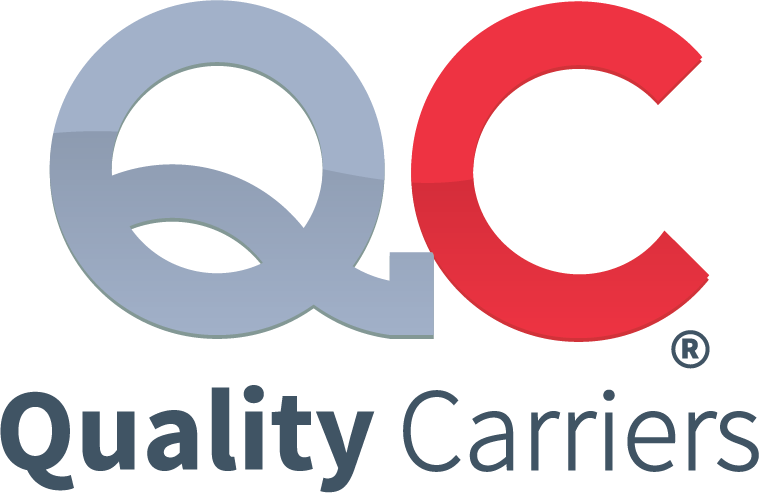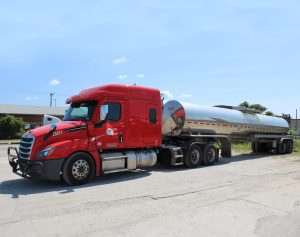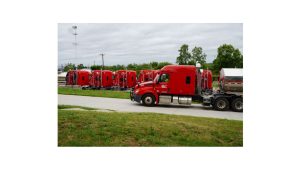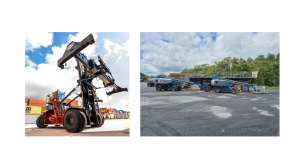A recent American Trucking Associations (ATA) study reveals that most truckers are owner-operators. The study indicates that out of the 3.5 million truckers in the United States, only 1.8 million work as employees for trucking companies. This means that 1.7 million truckers, or approximately 49%, are owner-operators who own and operate their own trucks. The ATA notes that the number of owner-operators has risen in recent years due to increased industry competition. Most companies are seeking ways to reduce costs, and hiring owner-operators, despite being potentially more expensive than regular employees, offers greater flexibility since these drivers can work for multiple companies as needed.
What is an Owner Operator?
Owner-operators are self-employed truck drivers who own and operate their own trucks. Unlike company drivers, who are employees of trucking companies and drive company-owned vehicles, owner-operators have the independence and responsibility of running their own business. This independence includes managing expenses, securing loads, and maintaining their trucks.
Advantages of Being an Owner Operator
Owner operator trucking offers several benefits that attract many drivers to this career path:
- Independence and Flexibility: One of the advantages of owner operator jobs is their independence. Owner-operators can choose their loads, set schedules, and make decisions that align with their personal and professional goals.
- Potential for Higher Earnings: Owner-operators can earn more than company drivers. They can increase their profitability by managing their expenses and optimizing their routes. Additionally, owner-operators can negotiate rates directly with clients, potentially securing better deals.
- Asset Ownership: As an owner-operator, the truck is a significant asset. This ownership can lead to a sense of pride and accomplishment and the opportunity to build equity in their business.
Challenges of Owner Operator Trucking

- Financial Responsibility: While the potential for higher earnings exists, owner-operators must also bear the financial responsibilities associated with truck ownership. This includes truck purchases, maintenance, fuel, insurance, and other operational expenses.
- Administrative Burden: Owner-operators must manage the administrative aspects of their business, including bookkeeping, taxes, permits, and compliance with regulations. These are time-consuming and require a certain level of expertise.
- Market Fluctuations: Market fluctuations, fuel prices, and regulation changes can affect the trucking industry. Owner-operators must be prepared to navigate these uncertainties and adapt their business strategies accordingly.
Finding Owner Operator Jobs
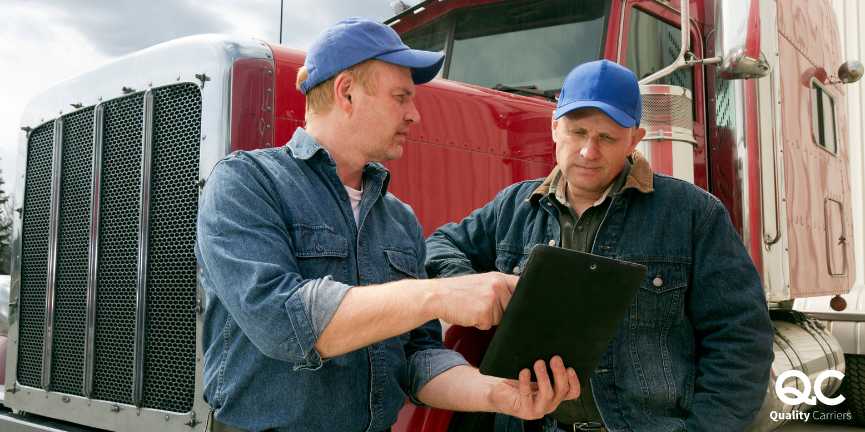
For those interested in becoming an owner-operator, finding owner operator jobs is a crucial step. Several resources can help aspiring owner-operators secure opportunities:
- Online Job Boards: Websites dedicated to trucking jobs often have sections specifically for owner-operator positions. These platforms allow drivers to search for jobs and connect with potential clients.
- Trucking Companies: Some trucking companies offer lease-purchase programs, gradually enabling drivers to purchase their own trucks while working. This can be a viable option for those transitioning to owner-operator status.
- Networking: Building a network within the trucking industry will lead to job opportunities and valuable advice from experienced owner-operators. Attending industry events and joining online forums can facilitate these connections.
Is the Owner Operator Trucking Right for You?
Becoming an owner-operator is a significant career choice that requires careful consideration. It’s essential to weigh the benefits of independence and potential earnings against the responsibilities and risks involved. Prospective owner-operators should conduct thorough research, seek advice from experienced drivers, and consult financial advisors to ensure they are well-prepared for the journey.
Are you ready to start your owner operator career? Apply now at Quality Carriers.
Conclusion
While owner-operators are not the majority in the trucking industry, they represent a vital and dynamic segment. The allure of independence, flexibility, and the potential for higher earnings make owner-operator jobs an attractive option for many truckers. However, the challenges and responsibilities that come with truck ownership must be carefully considered. Whether you’re an aspiring trucker or an experienced driver contemplating a shift to owner operator trucking, understanding the ins and outs is crucial to making an informed decision.
FAQs
Owner-operators own their trucks and run their businesses, handling all aspects of their operations. Company drivers are employees of trucking companies and drive trucks owned by those companies.
Yes, owner-operators have the potential to earn more than company drivers. However, they also have higher expenses, including truck payments, insurance, maintenance, and fuel costs.
Industry trends, such as fuel price fluctuations, regulation changes, and shifts in demand for trucking services, can significantly impact owner-operators. Staying informed and adaptable is crucial.
